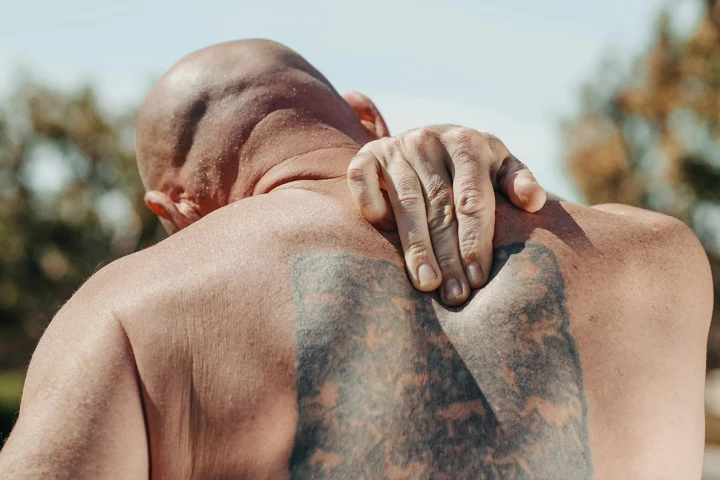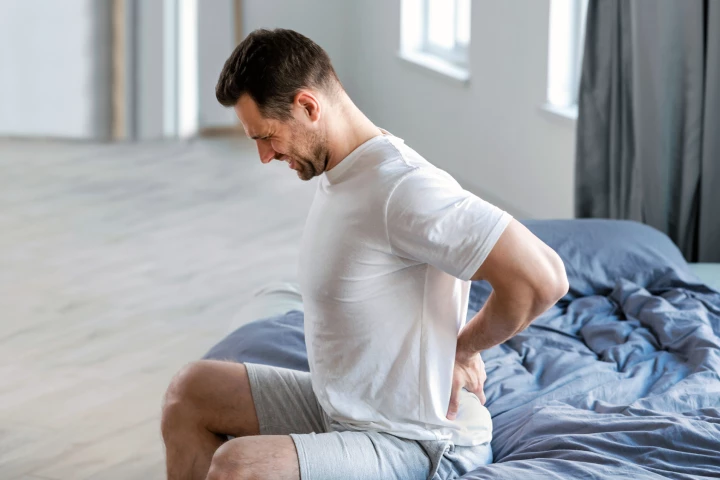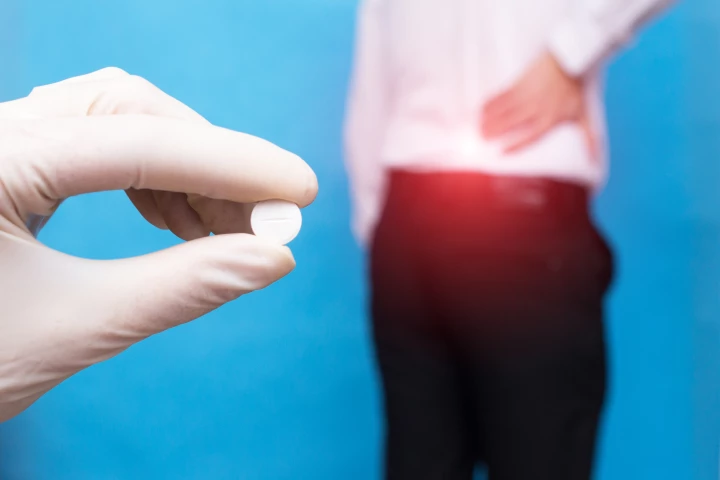Neuroscience Research Australia
-
What if the key to reducing your chronic pain was not in tackling the symptoms, but in regulating your emotions? A study shows that retraining your brain to deescalate negative emotions could be an effective therapy for persistent pain.
-
Nerve or neuropathic pain has long been a tricky condition to treat effectively. However, a new study has comprehensively evaluated current drug and non-drug therapies to provide up-to-date guidelines to inform treatment options.
-
Someone who is concerned about having a fall is at a significantly higher risk of having a fall in the future, found a new study. Researchers say identifying this risk factor in older adults can help them stay mobile and independent for longer.
-
Researchers have reviewed non-drug treatments for low back pain to assess which ones are more likely to reduce pain and improve function. What the review makes clear is that more research into effective low back pain treatments is needed.
-
A new study has found that taking five grams of a creatine supplement daily, which is the upper limit of the recommended daily dose, while lifting weights doesn’t lead to more muscle gains. It's possible the supplement's effects have been overstated.
-
A new study has found that antidepressants provide little to no benefit when it comes to relieving low back pain and sciatica. More research is needed into the long-term benefits and harms of using antidepressants in this way.
-
Researchers have flipped the script on the usual approach to pain relief in a new study, demonstrating that a short course of non-invasive brain stimulation before a painful event such as surgery can prevent the development of chronic pain.
-
A study of 15,000 adults suffering from acute lower back pain found that not only is the effectiveness of the medicines uncertain, but that the scientific evidence base used to inform good healthcare decisions is shockingly "fragile and incomplete."
-
In what is being labeled one of the biggest breakthroughs in schizophrenia research of recent times, scientists have detected heightened immune cell activity in the brains of sufferers, providing a brand new target for further research into its causes, diagnosis and treatment.








